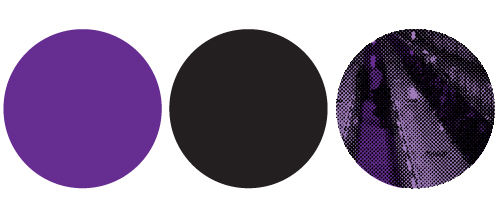
The Finnish Institute in London has released a new report on the emergence of the knowledge gap. Knowledge Gap and the Information Environment - More informed citizens or a growing divide? written by Kristofer Jäntti examines the media effects on distribution of knowledge between different socioeconomic groups.
The distribution of knowledge is not always fair. Several scholars have noted that due to a rapidly growing freedom of choice in our contemporary information environment there is an increasingly differential distribution of knowledge between different socioeconomic groups. This knowledge gap may have adverse social implications.
With the report the Institute aims at creating new knowledge on information asymmetries and how they should be tackled. This includes investigating the existing research and making suggestions for potential policy approaches.
This report identifies the most important findings about the media effects on the knowledge gap. It draws together the best academic evidence spanning the disciplines of communications, social psychology and political science. The report examines the knowledge gap from three different and competing viewpoints: (1) The Virtuous Circle hypothesis, (2) the Media Malaise hypothesis and (3) Differential Effects hypothesis.
The key findings of the report:
• The media reduces the Knowledge Gap when there is high interest (e.g. high level of social conflict) in an issue across socioeconomic
groups, as predicted by the Virtuous Circle hypothesis.
• Our current information environment exhibits considerable selective exposure to either sources of entertainment or knowledge (e.g. news) leading to a widening Knowledge Gap, as predicted by the Media Malaise Literature.
• Selective exposure may lead to the rise of common misperceptions.
• The evidence for a differential effect between television and newspapers is inconclusive.
• The release of government data to public scrutiny has positive effects in countries with low levels of transparency or high levels of corruption.
• The utility of Open Government Data (OGD) is contingent on its form and quality.
• There are iatrogenic effects to releasing OGD.The report can be downloaded from here
